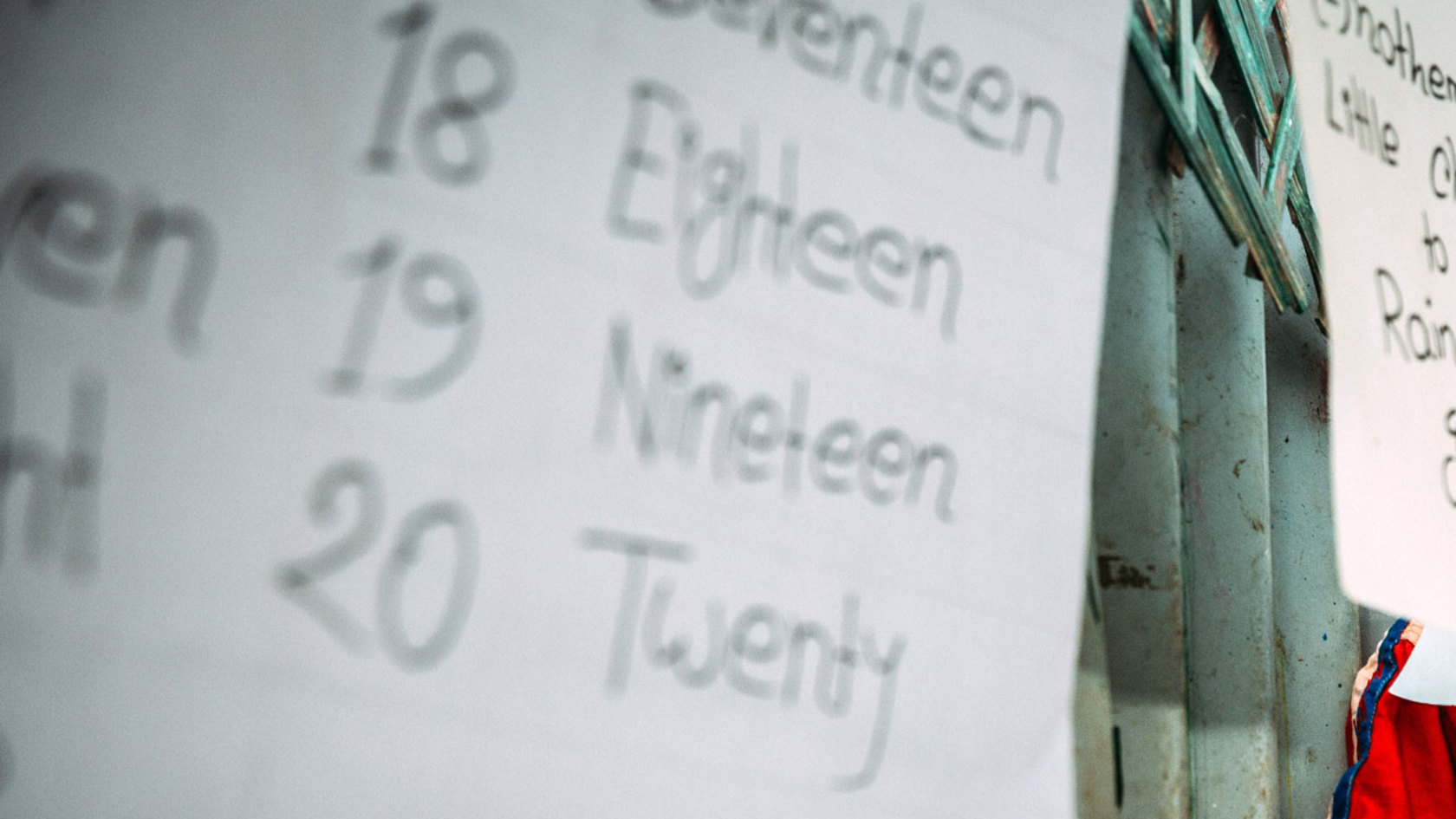
"We need education in order to survive"
The reason for this is the now practically complete elimination of the female population from the public sphere and their radical disenfranchisement by the Taliban. "The Islamists have taken everything away from women and girls: the possibility to work, education, participation, leisure time," says Najia Afshari, spokesperson for Kufa, an organisation that has been providing home schooling for girls in Kabul with the support of SOS Children's Villages since the Taliban came to power.
Only boys are now allowed to attend the organisation's school in Kabul. More than 80 per cent of Afghan girls are denied the right to go to school, about 850,000 of 1.1 million female students are no longer allowed to attend university, and women are, with few exceptions, excluded from the world of work.
Humanitarian crisis
"Girls who do not go to school are deprived of their future, they are more at risk of early or forced marriage. And women who virtually never leave home and have little social contact are defenceless against domestic violence," Afshari continued. "In addition, Afghanistan is in a dramatic economic and humanitarian crisis. Many families are therefore struggling to feed themselves. They would depend on the women to work as well. Instead, many are forced to marry off their daughters so that fewer children eat."
In addition to the massive consequences for the women and girls themselves, forced daily life under the Taliban would also have drastic effects on society as a whole. Afshari says, "If girls cannot go to school and cannot study, then the number of skilled workers will also drop sharply in the coming years. We will have fewer female doctors, fewer female teachers, engineers and technicians. Yet we need them urgently. Education is not only a right, it is also simply a necessity to survive."
